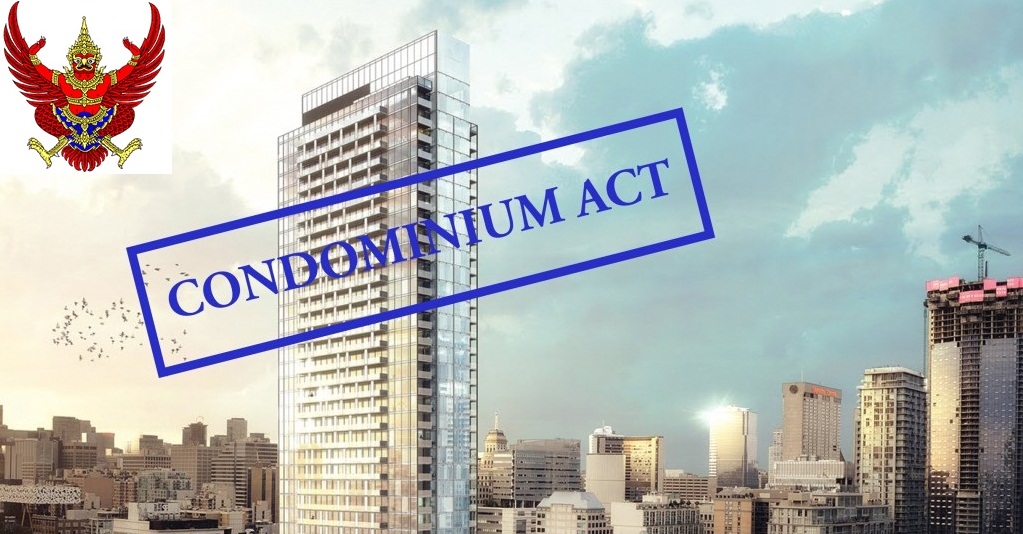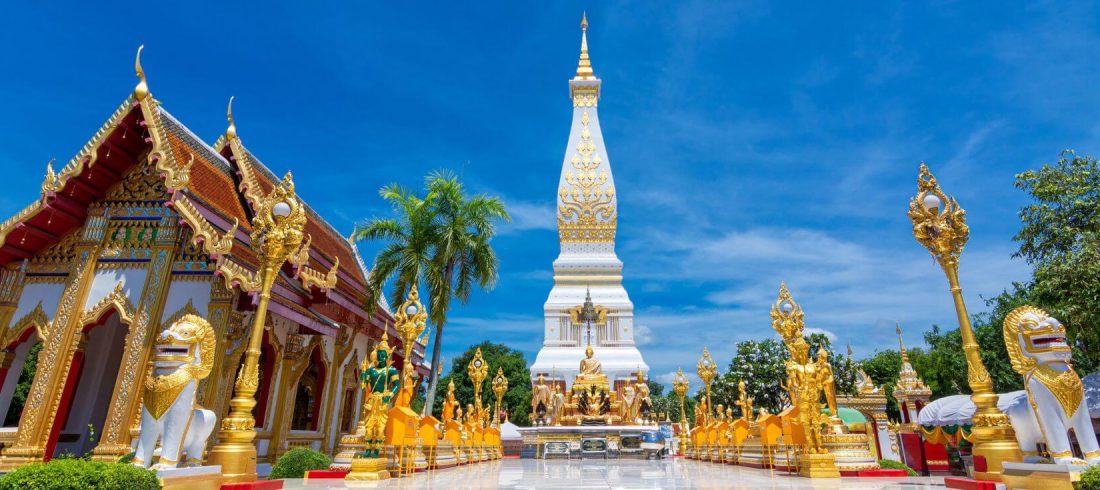Condominiums are quite popular among foreigners in Thailand, and for good reason! That’s the only piece of real estate that they can easily purchase in the country and that is possible thanks to the Condominium Act BE 2522, or more popularly known as the Condominium Act of 1979.
Let us learn a bit more about the Condominium Act of 1979, and what provisions does it have for foreigners seeking ownership of a condominium unit in Thailand.
A Brief History
As its name suggests, the Act was passed by the Thai government in 1979 as a method of resolving possible conflicts of ownership rights. After all, foreigners had no right to purchase real estate properties in Thailand. However, condominiums are a different concept. A foreigner may own a unit as it is not the land that it is built on but a separate entity on its own. However, condominium ownership does entail co-ownership of the real estate that the condominium is built on – thus creating a legal problem.
Hence, the Act was passed in order to lift this sort of “legal vacuum” when it comes to condominium ownership. What the Act does, which is common knowledge, is to put a cap on the foreign ownership in any condominium project. In other words, it limits the number of foreigners that can purchase units in the project and become co-owners of the property so that the project is still majority owned by Thai locals.
That cap was initially pegged at 40% in the Act’s initial incarnation in 1979. However, due to the rise in foreign investments, the Act was then amended in 1999 to raise that limit to 49%. It is to be noted as well that, in 1979, the Act also allowed foreign ownership to exceed that said cap in Pattaya City.
Another amendment was passed in 2008, but this amendment did not further raise the cap. Instead, it passed rules for the protection of potential buyers by compelling project developers to avoid fraudulent marketing. Under this amendment, they are liable to pay for fees regarding units that have not been purchased. They are also compelled to standardize their deeds of sale as well. In addition, the government enacted Escrow Act BE 2551 – this protects the property owners from having their deposits used up or embezzled by project developers when they run out money.
Exception to the Act
Because condominium units can be easily purchased in some areas in Thailand, some foreigners may still want to acquire a unit but are unable to do so because of the cap in foreign ownership. This is especially true for businessmen. The Act provides for such situations by allowing foreigners to get a lease on any available condominium unit. This way, the property remains in the name of a local Thai and does not put it into the ownership of a foreigner – keeping it legal under the provisions of the Condominium Act. For all practical purposes, however, the foreigner has all the privileges and responsibilities associated with the unit, and is the de facto property owner already.






